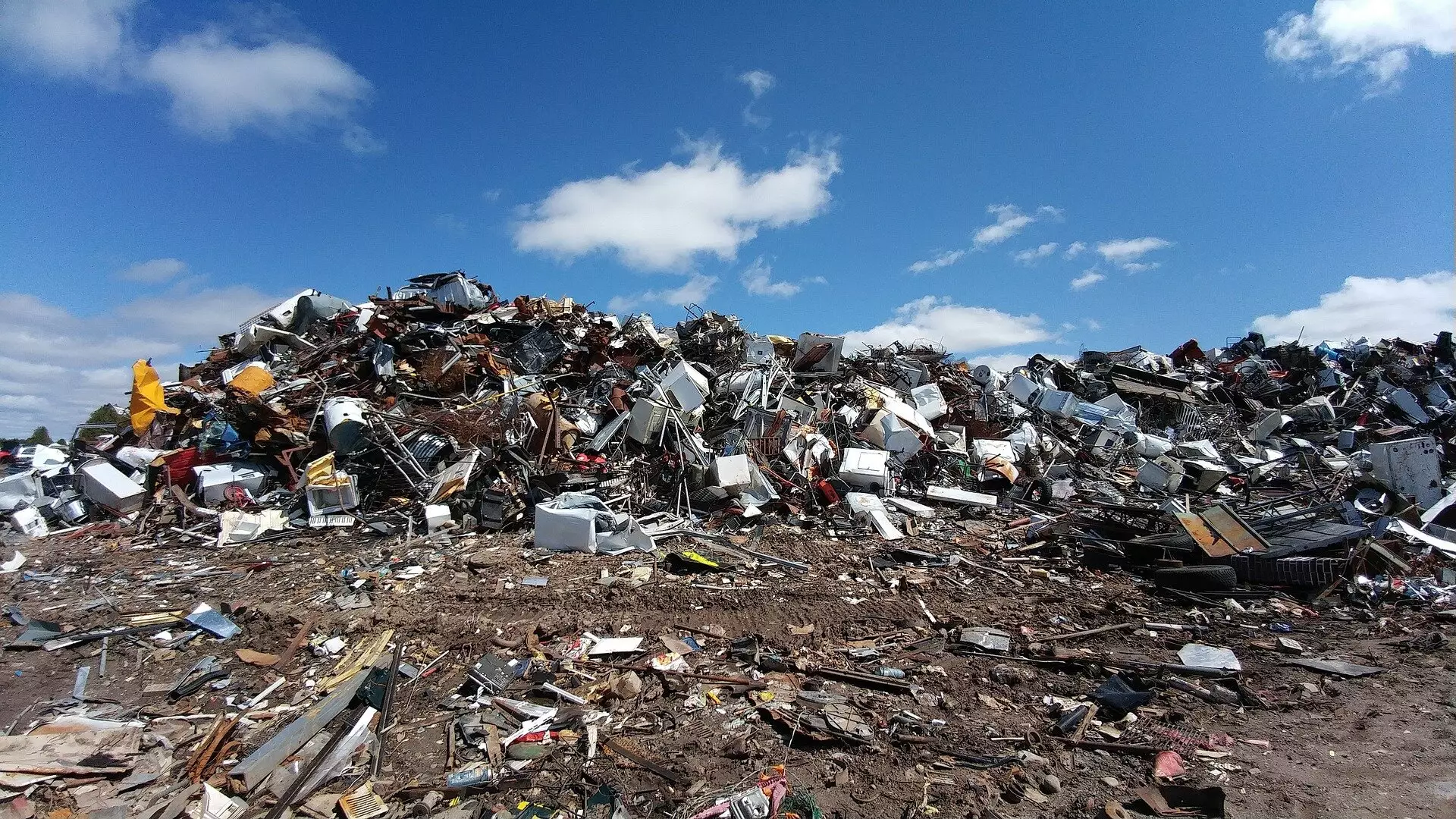Food waste represents a significant environmental challenge in the United States, contributing to greenhouse gas emissions and placing unsustainable pressures on landfills. In an era where sustainability has become a critical factor for governmental policies, states are increasingly turning to food waste bans as potential solutions to curb this pressing issue. However, a recent study from the University of California Rady School of Management reveals that, among the first five states to enact these bans, only Massachusetts has achieved notable success in reducing food waste destined for landfills. This article delves into the findings of the study, focusing on the implications for future policy-making and the strategies that make Massachusetts an exemplary model.
According to the study published in *Science*, despite the implementation of food waste bans across nine American states—California, Connecticut, Rhode Island, Vermont, and Massachusetts among them—only Massachusetts has demonstrated a statistically significant reduction in landfill waste. The overarching expectation was that these bans would lead to a 10-15% reduction in waste, yet the findings indicate that collectively, these laws managed to decrease landfill waste by a mere 3%. In stark contrast, Massachusetts alone achieved a 7% reduction, achieving a more ambitious 13.2% decline over time.
These findings emphasize a critical point: the mere implementation of a ban is insufficient. In fact, the research led by Robert Evan Sanders—co-author and assistant professor of marketing—reveals that the remaining states, in effect, saw little to no benefit from their food waste bans. With this in mind, it raises important questions around the practicality and efficacy of current strategies against food waste.
Key Factors Behind Massachusetts’ Success
The study identifies key differentiators in Massachusetts’ approach that could serve as a roadmap for other states aiming to enhance the effectiveness of their food waste regulations. The first factor is the robust composting infrastructure the state possesses. Massachusetts boasts an abundant processing network, with the highest number of food waste processing facilities relative to its size. This accessibility plays a crucial role in effectively managing the diverted waste and actually composting it rather than allowing it to perish without proper handling.
Next, the clarity of the legislation itself stands out as another pivotal component of Massachusetts’ success. The law’s straightforward language minimizes confusion, featuring fewer exceptions and exemptions than those of other states. This simplicity is vital for ensuring compliance among businesses and individuals, as it fosters an environment where stakeholders can readily understand their obligations under the law.
Moreover, enforcement has been an essential piece of Massachusetts’ strategy. The state engages in extensive monitoring, conducting inspections more than three times as frequently as Vermont—its closest competitor in this regard. Rigorous enforcement complements the aforementioned factors, ensuring that there is accountability and adherence to the legislation, which is often lacking in other states.
While the study lauds Massachusetts as a model, it simultaneously sheds light on the broader challenges faced by food waste bans. Co-author Fiorentia Anglou underscores the gravity of the issue by indicating that food waste is responsible for 8-10% of global greenhouse gas emissions. This calls for a shift in perspective: rather than discarding these laws altogether due to their limited success, there is an urgent need to adopt a multifaceted approach to enhance their effectiveness.
States like California have begun to innovate by instituting legislations such as SB 1383, which mandates comprehensive organic waste collection services for all residents and businesses. Such policies reflect an understanding that systemic changes are necessary to realize the intended outcomes of food waste bans. This does not merely involve creating laws, but also providing the infrastructure and oversight required to support them.
The findings from the University of California Rady School of Management serve as a vital reminder that implementing food waste bans alone will not yield significant results. The Massachusetts model offers critical insights into the necessary components for success: robust infrastructure, clear legislation, and strong enforcement. Moving forward, it is imperative that other states learn from these valuable lessons, striving to enhance their policies and infrastructure, thereby fostering a more sustainable approach toward managing food waste.
As the nation grapples with the realities of food waste and its environmental toll, taking action grounded in thorough research and successful strategies will be essential to making meaningful progress in the fight against waste. The road to effective food waste management will require collaboration at multiple levels, but the potential benefits for both the environment and society make it a cause worth championing.

